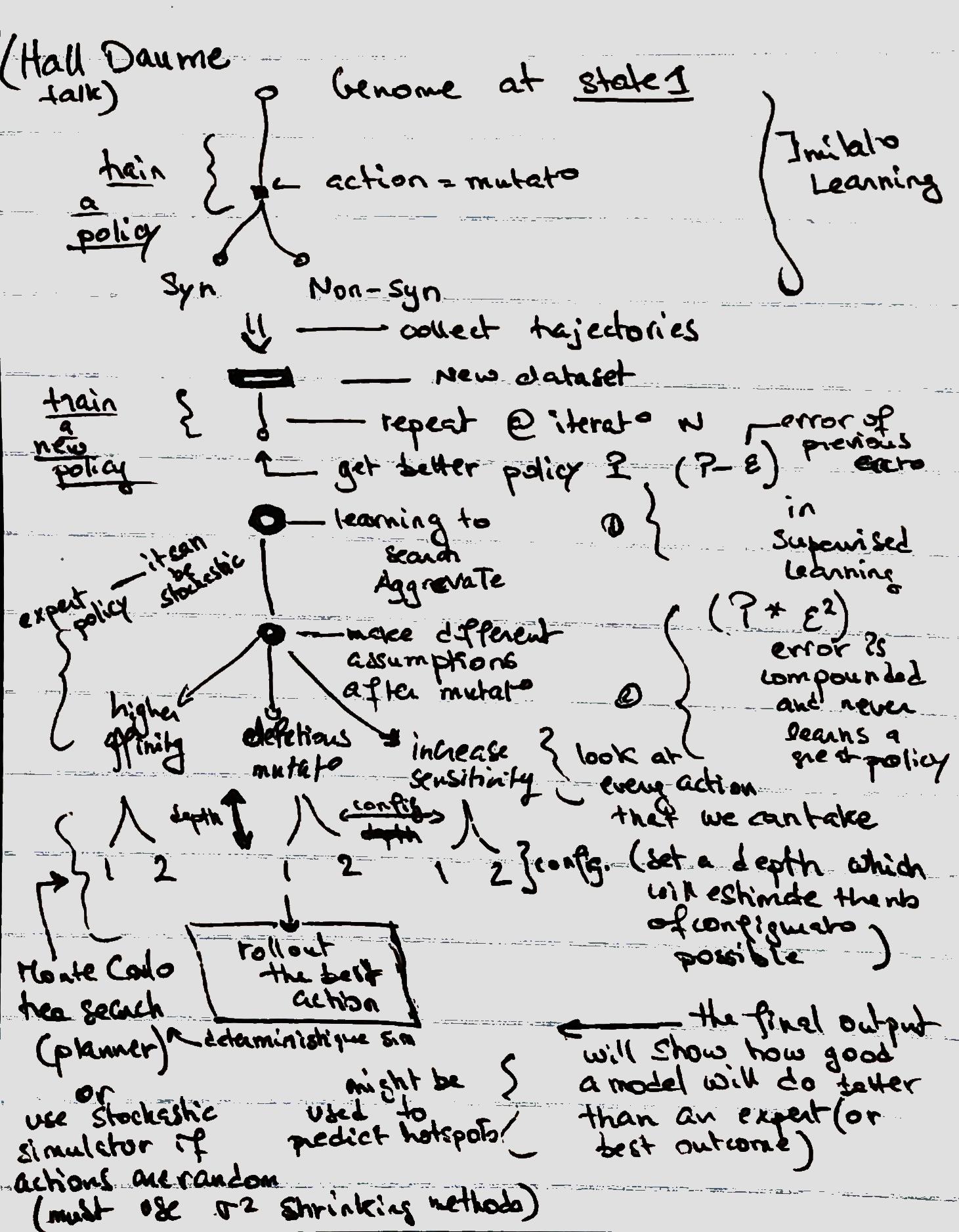Yes! Definitely yes. But only with the right computational biologists.
Reinforcement learning is another statistical beast that has a special analytical design because of which it can recognize special patterns in the data. To deliver a prediction it requires first a feedback, then an input. It will train the user options, which are pushed onto the execution stack, then produces an outcome. Lastly, relying on an action and a judgment will help the model converge on a single prediction.
- The statistical world can cover cancer research.
- A state (feedback and input) can be cell growth or cell cycle.
- An option* can be mutation or copy number variants.
- A reward (action and judgment) can be synonymous or deleterious mutations.
- Low reward is for an outcome being cancer
- High reward is for either outcomes, dead cell or healthy cell
- A policy (good/bad mutation) maps observations (mutations) to actions (consequence having that mutation).
Because of its flexibility, RL is vulnerable to environment overfitting. However, predicting the distribution, helps the agent (trained model) get an idea about the state of the environment (world). From that distribution, an expectation score is estimated. The score helps the agent learn. Therefore, from the agent’s perspective, the prediction is best when the whole distribution is known.

